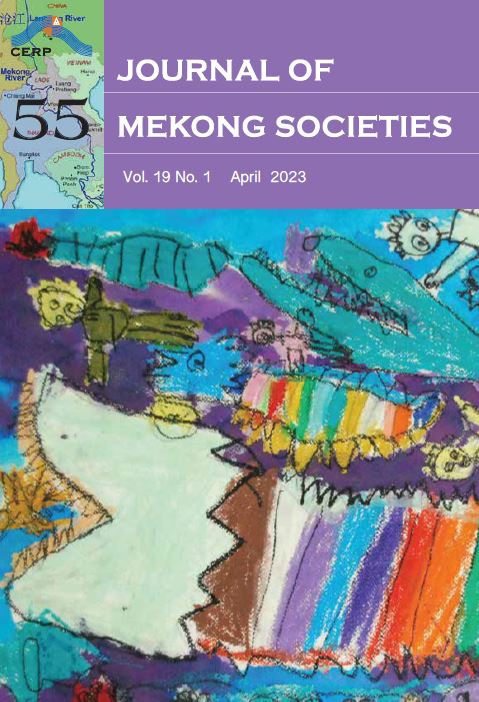Common Threats, Flexibility, and Internal Constraints: A New Framework to Understand the Federal Political Negotiation and Consultative Committee in Myanmar
Main Article Content
Abstract
How should we understand the relationship between the United Wa State Army (UWSA) and members of the Federal Political Negotiation and Consultative Committee (FPNCC) in Myanmar? The two entities are not allies in a strict sense, although their relationship obviously goes beyond that of ordinary peers. This article recognizes a gap between the existing analytical framework and the phenomena, and therefore suggests a new concept, which I call quasi-alliance, to understand this puzzle. Systematically examining the dynamics among them through empirical data, this article argues that the FPNCC is best described as a quasi-alliance of the UWSA, with its members and the UWSA as quasi-allies based on common threats, flexibility, and internal constraints.
Article Details

This work is licensed under a Creative Commons Attribution-NonCommercial-NoDerivatives 4.0 International License.


